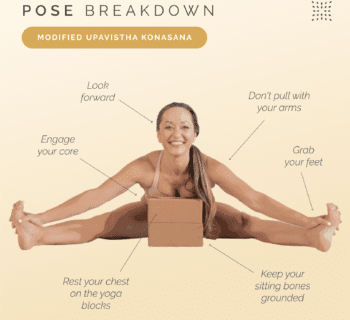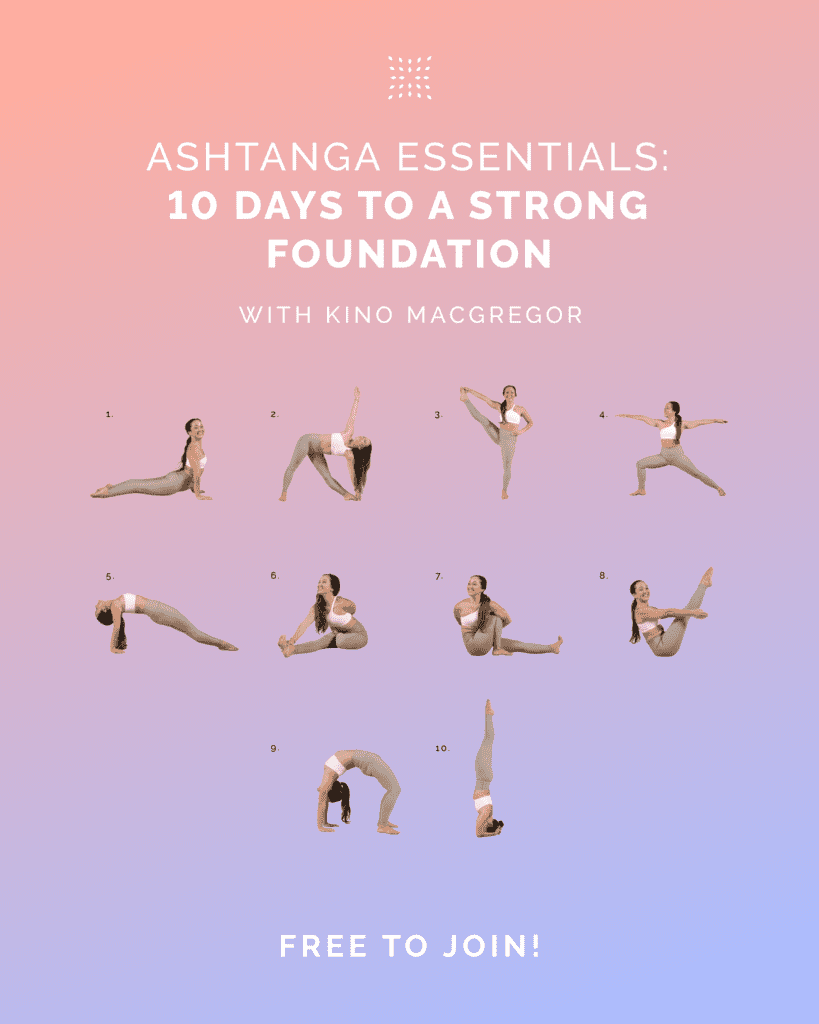Do you ever worry about the effects of aging on your brain? Are you concerned about memory loss, cognitive decline, or other neurological issues that can come with getting older? If so, you’re not alone. Many people share these concerns and are looking for ways to maintain their mental agility and sharpness as they age. Cognitive health is an important aspect of your overall wellbeing.
The good news is that there are steps you can take to strengthen your brain and improve your long-term cognitive function. One of the most powerful tools at your disposal is meditation. This ancient practice has been shown to have a range of benefits for the brain, from reducing stress and anxiety to improving focus and concentration.
In this blog post, we’ll explore the ways in which meditation can help you maintain a healthy brain and provide mental clarity.
The Science Behind Meditation and Brain Health
Neural plasticity is the brain’s ability to change and adapt throughout a person’s lifetime. This means that the brain can form new connections between neurons and reorganize existing ones based on experiences, learning, and other factors. This concept is important because it shows that our brains are not fixed and unchangeable but rather dynamic and capable of growth.
Meditation is a powerful tool for enhancing neural plasticity and promoting long-term brain health. By practicing meditation regularly, we can strengthen our neural pathways and improve cognitive function. For example, studies have shown that meditation can increase the size of the hippocampus, a part of the brain that plays a key role in memory and learning. Meditation can increase the density of gray matter in your brain.
Meditation can also help reduce stress and anxiety by down regulating the nervous system, which can have a negative impact on the brain over time. Chronic stress can lead to inflammation and damage to the brain cells, which can result in cognitive decline and other neurological issues.
How Meditation Improves Brain Function
We’ve already briefly mentioned that meditation increases gray matter in the brain. Now let’s look more closely at what that means for your brain structure and long-term brain activity.
Meditation has been shown to increase the brain’s gray matter density. Gray matter is the part of the brain responsible for processing information, including sensory perception, decision-making, and self-control. By increasing the density of gray matter, meditation can improve your ability to focus and concentrate.
Your ability to concentrate is like a muscle. With today’s social media and screen-based society, attention spans are steadily decreasing. We are often pulled in many directions making it difficult to focus on one task. Meditation can improve your attention span by training the brain to focus on a specific task or object. Focusing on your breath or a mantra during meditation teaches your brain to concentrate on one thing and ignore distractions. Over time, this can improve your ability to concentrate on tasks outside of meditation.
Have you ever walked into a room and then forgot why you were there? Or maybe forgot where you put your keys? These little memory lapses may seem insignificant, but they can be frustrating and even impact your daily life. Fortunately, meditation can help improve your memory and cognitive function.
When you meditate, you’re increasing the blood flow to your brain, encouraging it to generate new neural pathways. All of these new pathways and gray matter contribute to your ability to remember things. There have been many studies that show that meditation and mindfulness affect long-term cognitive function.
When all regions of the brain are healthy, you’ll find that you’re able to use reason more effectively, and you’ll be a more creative problem solver. It increases creativity overall.
Tips for Starting a Meditation Practice
If you’re interested in starting a meditation practice, here are a few tips to get started:
1. Start small. Begin by meditating for just a few minutes each day and gradually increase the time as you feel more comfortable.
2. Find a quiet and comfortable space. Choose a location where you won’t be disturbed and where you feel relaxed and at peace.
3. Use guided meditations. Omstars has hundreds of guided meditation videos and audio files, which can be helpful for beginners.
4. Be patient with yourself. Meditation is a skill that takes time and practice to develop, so don’t get discouraged if you don’t see immediate results.
Watch this YouTube video for a simple guided meditation you can do right now.
How long does one need to meditate to see changes in brain health?
Some studies suggest that even short-term meditation practices can lead to changes in the brain within eight weeks.
However, the most significant changes in brain health are often seen with long-term meditation practices. Most experts recommend practicing meditation for at least 10-15 minutes daily to see significant changes in brain health over time. It is best to practice daily. You’ll get better results if you meditate for a few minutes every day than if you meditate for an hour once a week.
The key is to make meditation a regular part of your routine, like brushing your teeth or exercising. Over time, you will notice improvements in your mental clarity, focus, and overall well-being.
In conclusion, if you want to improve your brain health and cognitive function, meditation is a powerful tool that can help you achieve your goals. By practicing meditation regularly, you can increase blood flow to your brain, develop new neural pathways, and grow new gray matter. Over time, you’ll see improvements in your mental clarity, focus, and overall well-being. Remember to start small, find a quiet and comfortable space, use guided meditations, and be patient with yourself. With daily practice, you’ll see noticeable changes in your brain health and mental abilities. Start today and unlock the power of meditation for yourself!
Start your Omstars subscription today to access our guided meditations and yoga class.
Photo by Vishwanth P on Unsplash










